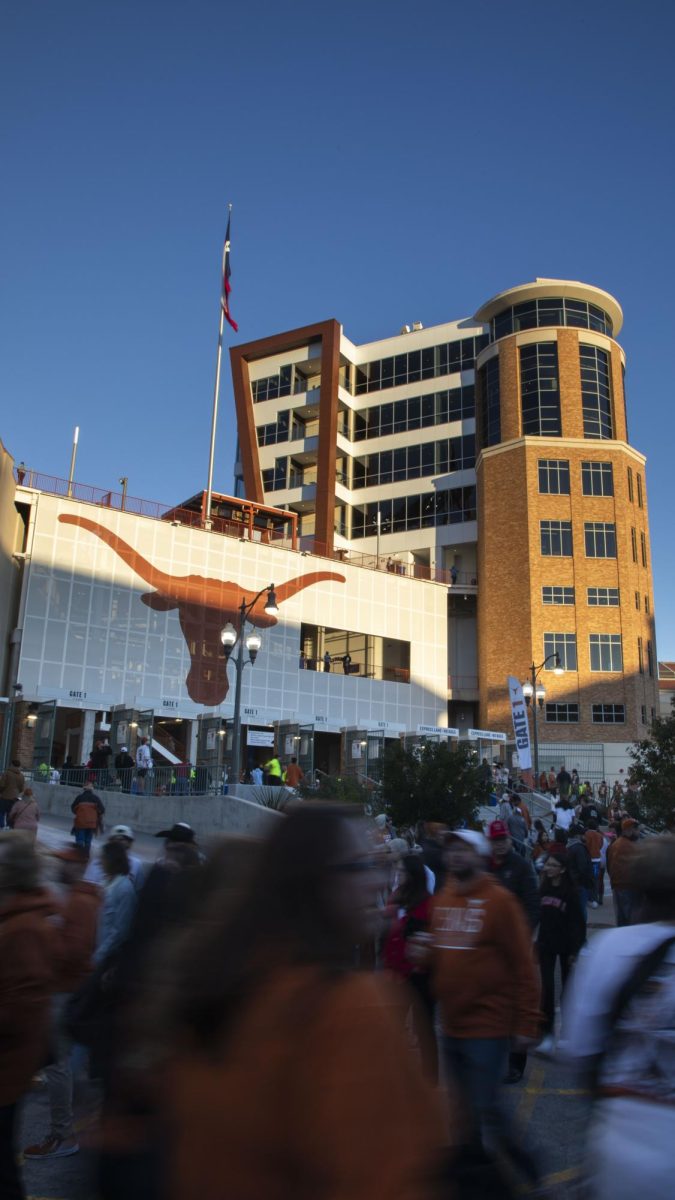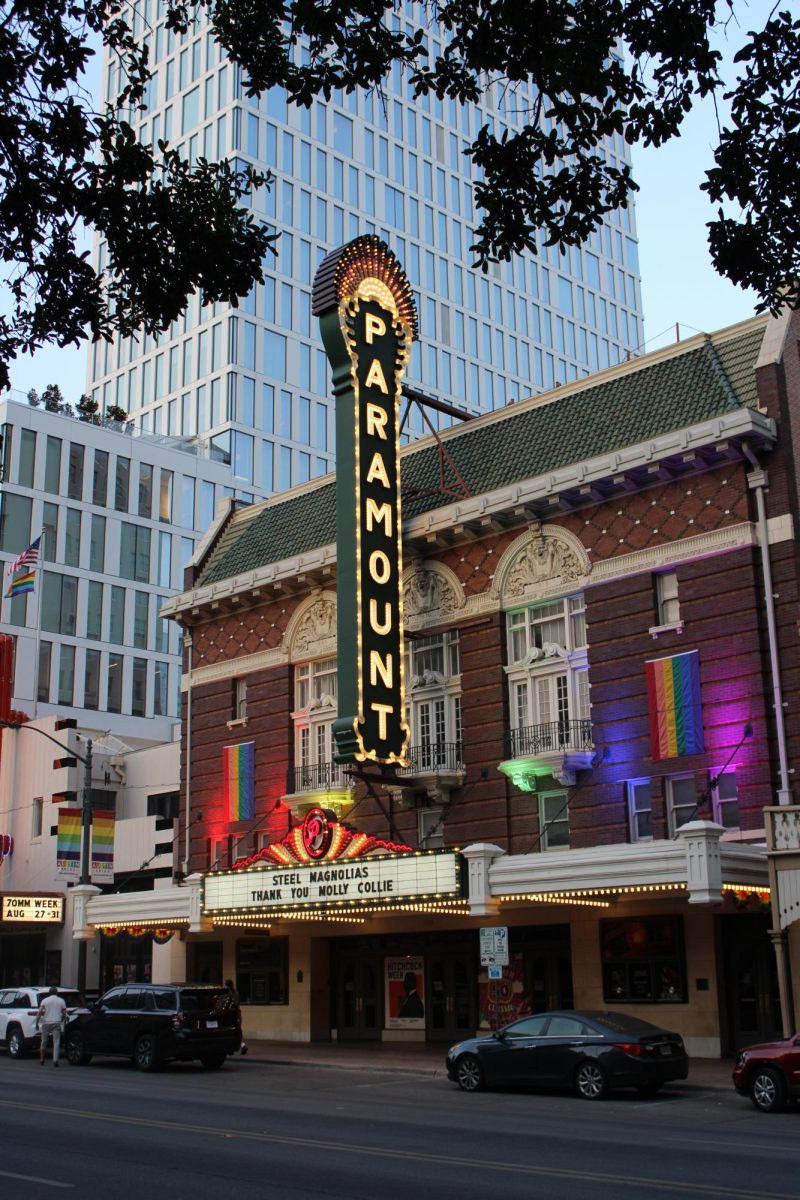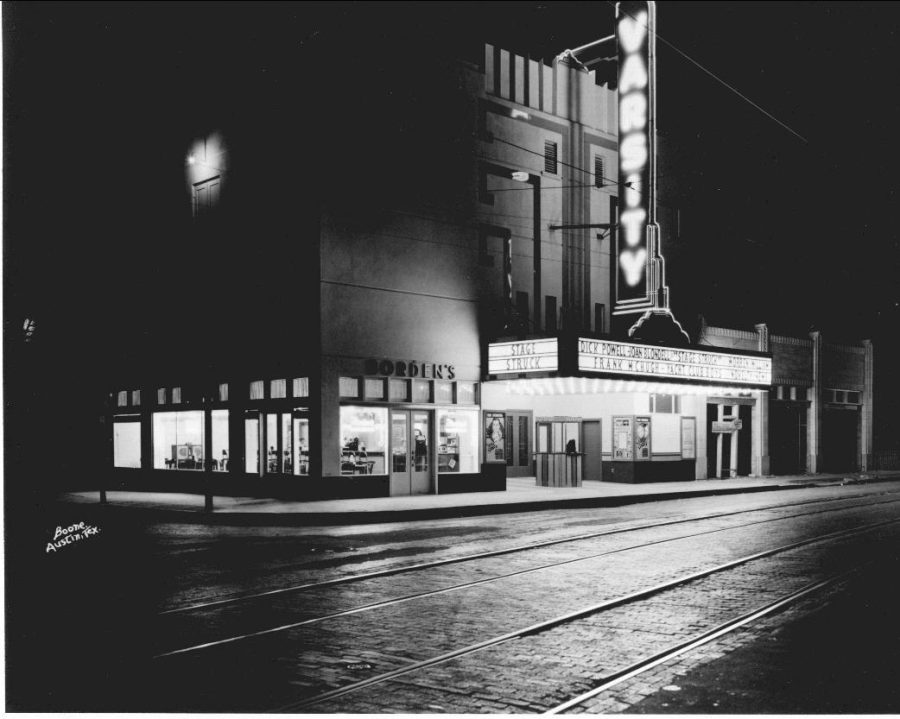2009
In 2009, former UCLA basketball player Ed O’Bannon sued the NCAA for using his likeness in a video game without his consent or any monetary compensation. Twenty other collegiate athletes joined O’Bannon in a class action suit against the NCAA and their amateurism bylaws, which they alleged violated federal antitrust laws.
2014
In 2014, Judge Claudia Wilken ruled in favor of O’Bannon, paving the way for student-athletes to be eligible for additional monetary compensation in the form of academic scholarships, tuition and housing stipends. Up until then, the only compensation student-athletes could receive from their universities were academic scholarships that only covered the cost of tuition.
2019
In September 2019, California Gov. Gavin Newsom passed the Fair Pay to Play Act into law, which prohibited universities from penalizing their athletes for collecting endorsements starting in September 2021. It was the first legislation of its kind, prompting several other states to adopt similar legislation.
2020
Grant House, a former swimmer for Arizona State University, sued the NCAA for NIL damages and to lift restrictions on revenue sharing from broadcast rights.
August 2020
Texas Athletics launches LEVERAGE, an in-house NIL program dedicated to partnering student-athletes with brands and sponsorships.
July 2021
The NCAA interim NIL policy and multiple state laws took effect in July 2021, and student-athletes are officially entitled to promote, monetize and benefit from their NIL.
2023
The collective non-profit Texas One Fund quickly became one of the largest NIL fundraising organizations in the nation, distributing $11.7 million to UT student-athletes.
May 2024
The NCAA reached a $2.8 billion settlement for a federal antitrust class action lawsuit (House v. NCAA) that outlines actions for colleges paying student-athletes directly, athletes to earn NIL and spending caps for universities.
2025
The House v. NCAA settlement is pending approval from federal Judge Claudia Wilken.





















